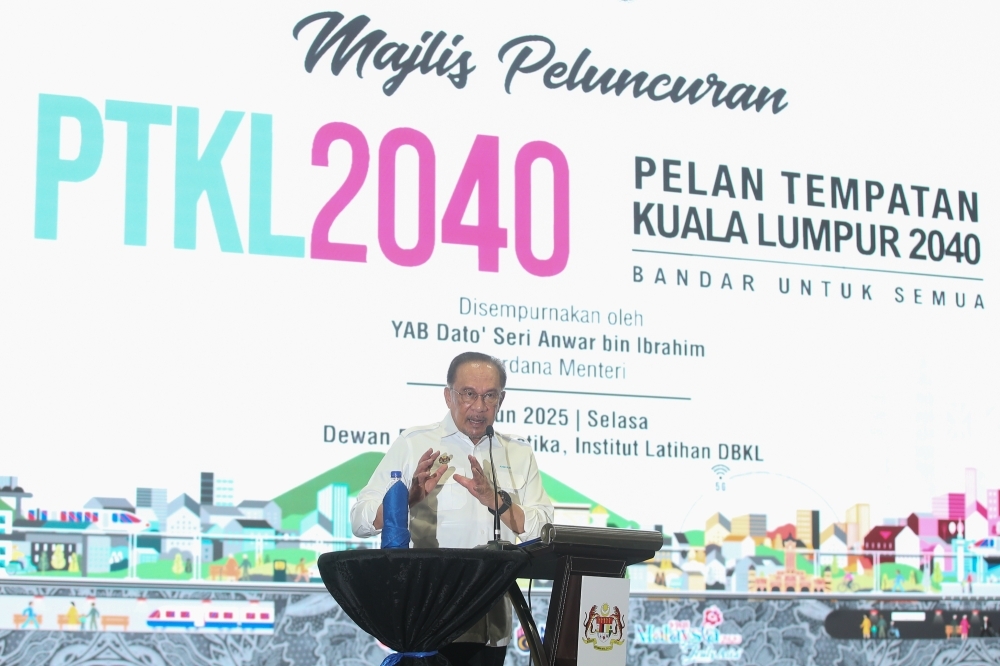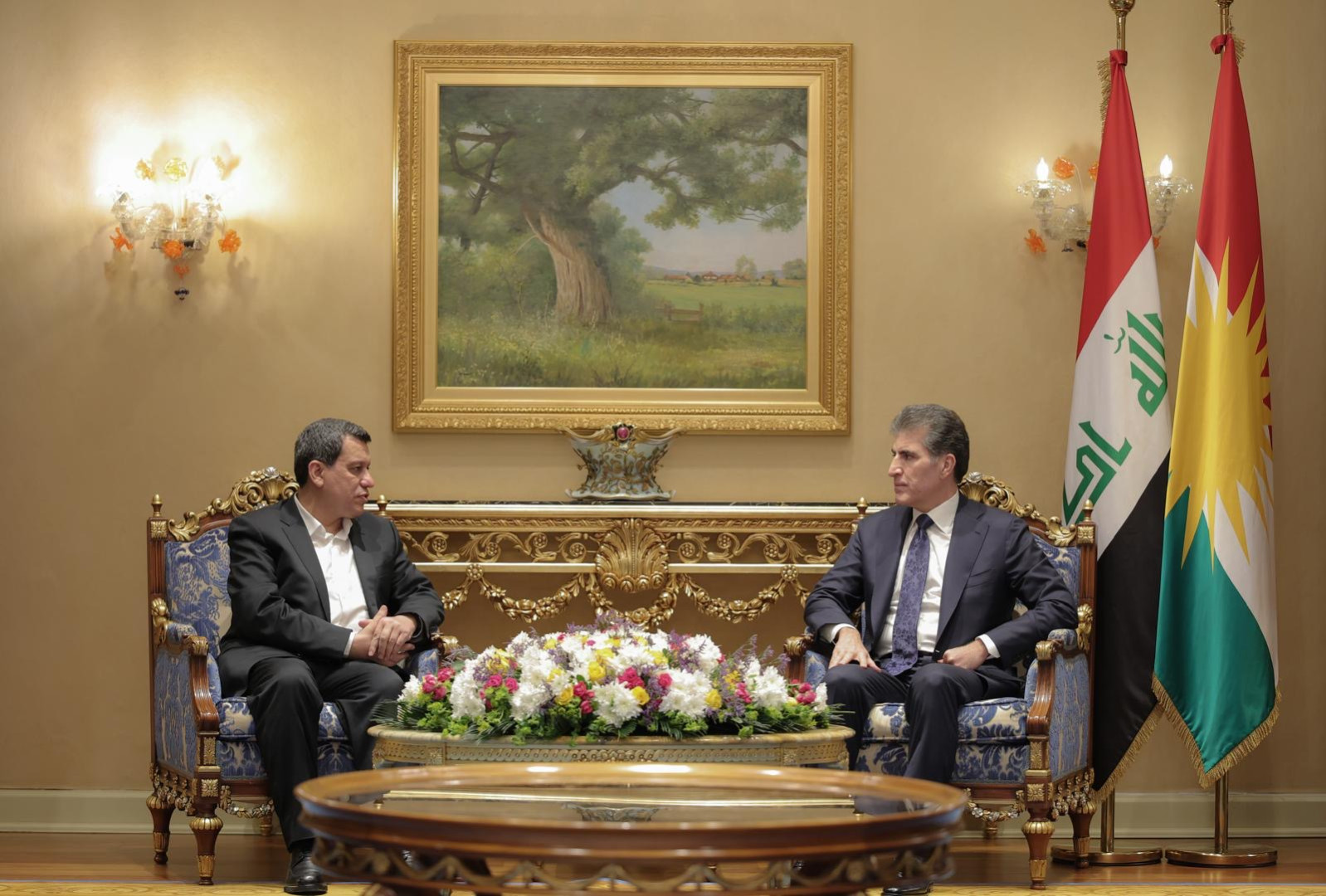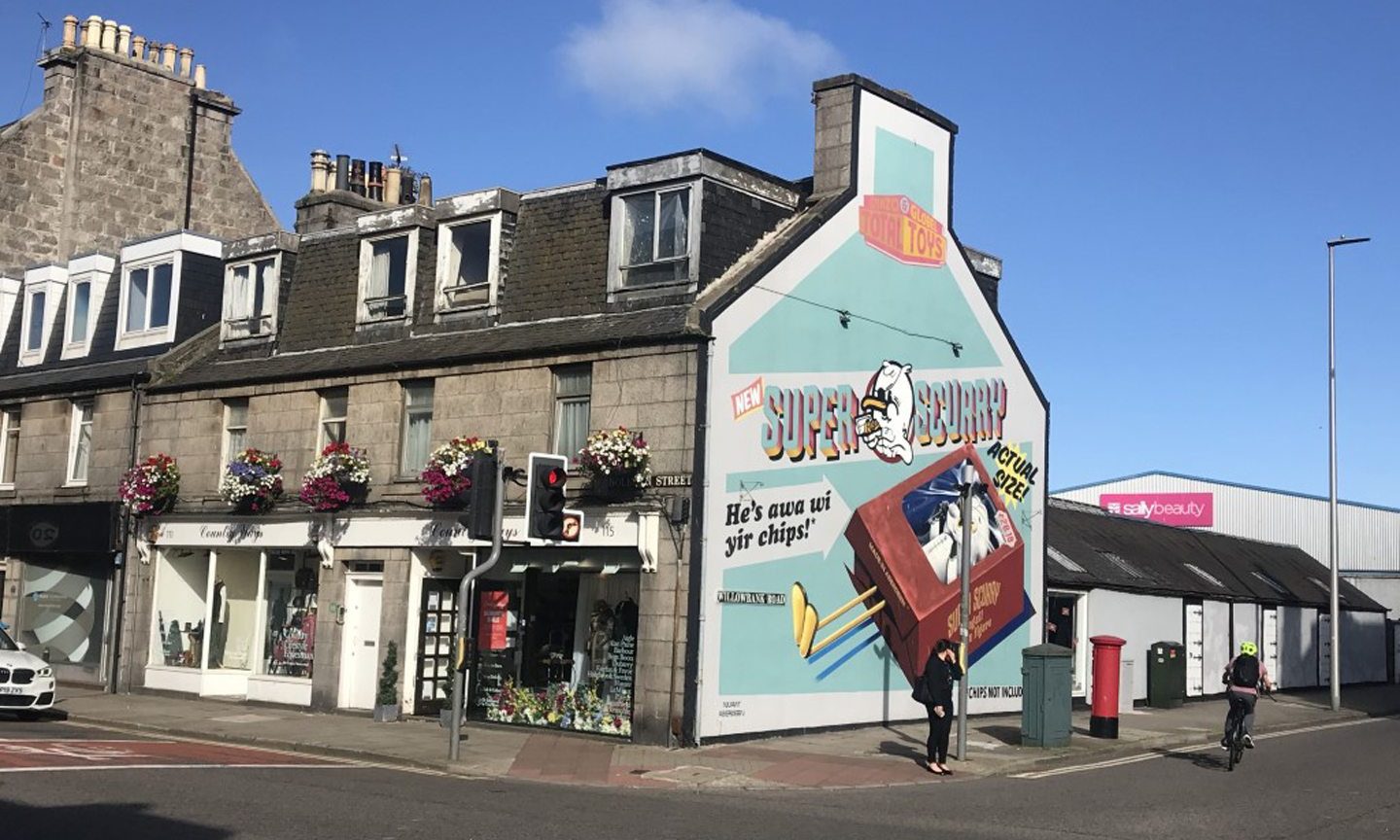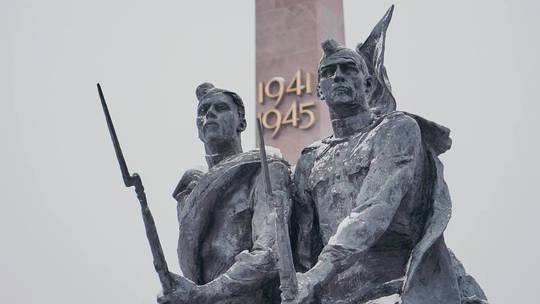Anwar says KL’s future is public transport, not private cars, as 2040 blueprint unveiled

KUALA LUMPUR, June 24 — Prime Minister Datuk Seri Anwar Ibrahim today said public transport will serve as the backbone of future development in Malaysia’s capital under the Kuala Lumpur Local Plan 2040 (PTKL40).
He said new infrastructure projects under the Transport Ministry, including the Mass Rapid Transit (MRT), have been identified to support this shift.
“In this local plan, the city hall’s priority is not private vehicles, but public transport. We make decisions in favour of the majority,” he said during his speech at the PTKL40 launch, held at Institut Latihan Dewan Bandaraya Kuala Lumpur (DBKL) in Cheras here.
“That’s why I said new projects identified under the Transport Ministry, such as the MRT and others, are meant to form the backbone of the city, ensuring comfort for everyone.”
Adding to Anwar’s remarks, Kuala Lumpur Mayor Datuk Seri Maimunah Mohd Sharif said the plan aims for 70 per cent public transport usage by 2040, supported by the Traffic Master Plan and pedestrian and cycling routes.
“Initiatives such as micromobility and covered green pathways are direct examples of how this plan is being translated into action,” she said in her speech.
Maimunah added that DBKL is also developing the Urban Digital Twin Kuala Lumpur, which will enable real-time updates of development data.
“This will ensure that our policies and actions are based on facts, not perceptions, a practice that reflects the values of accountability and integrity, and marks a reform in governance at DBKL,” she added.
Meanwhile, Anwar also highlighted that all new housing developments must include solar power as part of their design under PTKL40.
“These are new requirements that have not existed in our regulations or laws before. This will ensure the sustainability of the city,” he added.
PTKL40 was gazetted in May this year and came into force on June 11.
The plan incorporates 12 development principles, including site suitability, basic amenities, utility networks, and environmental harmony, to ensure that new developments do not burden existing systems but instead strengthen them.
Maimunah said the plan also identifies reserved areas for future facilities and introduces concepts such as stratified, mixed-use, and integrated development.
“We do not want Kuala Lumpur to be merely a dense city, but one that is friendly and human-centric, another core principle within the Malaysia Madani framework,” she said.
PTKL2040 also sets a minimum target of 20 square metres of open space per city resident, equivalent to over 4,700 hectares.
To promote a healthy and active lifestyle, community parks are set to be linked through a 254-kilometre Green Connector network.
The plan also targets the development of 305,000 affordable housing units by 2040.
Building height controls are being introduced to preserve the character of low-intensity areas.
A total of 139 areas have been identified as having redevelopment potential, with a focus on ageing public housing estates.
[Source: Malay Mail]




















































